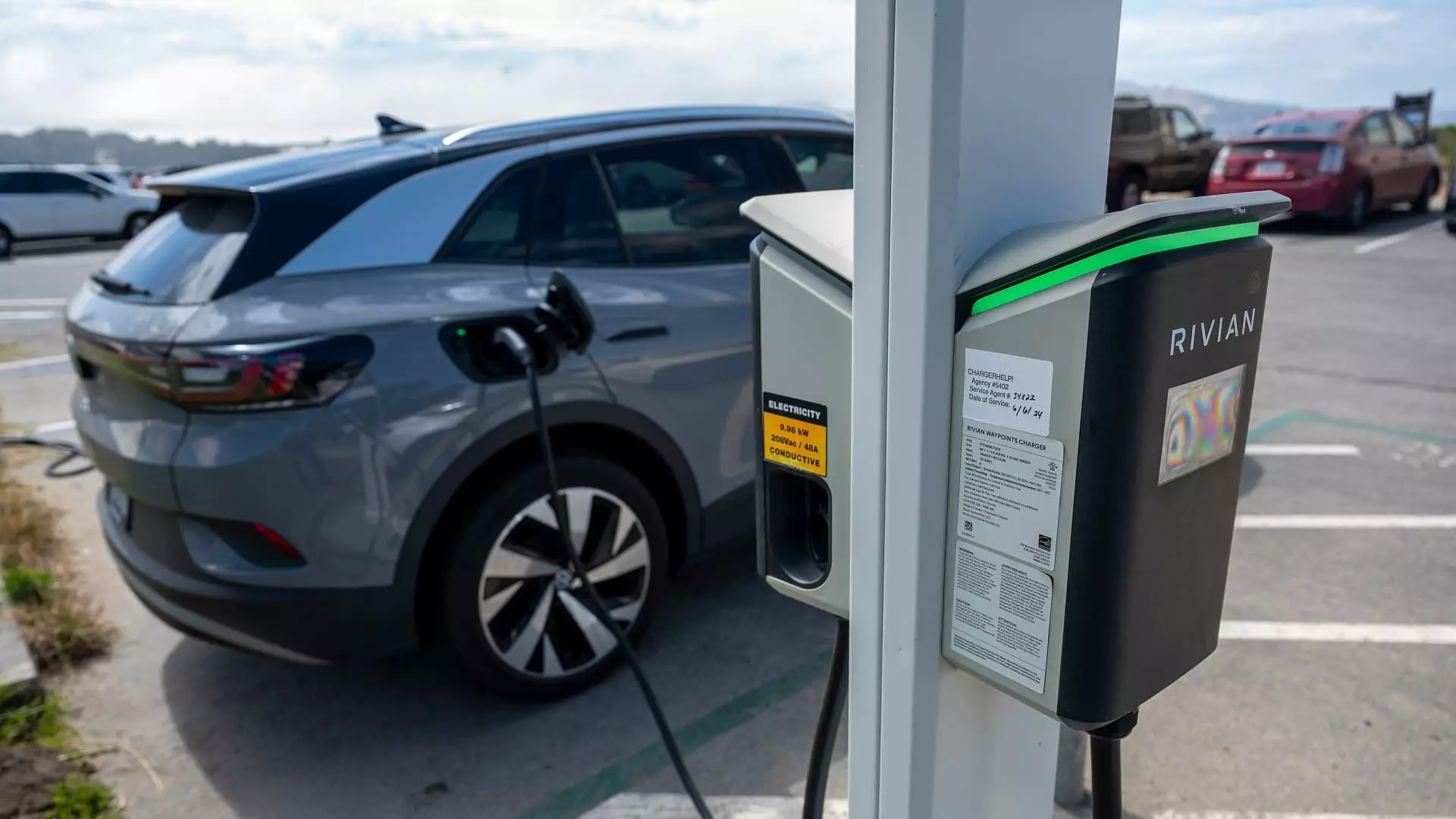When considering the purchase of an electric vehicle (EV) versus a traditional gasoline-powered car, one of the primary factors that consumers often focus on is the initial cost. While it is true that EVs typically come with a higher price tag upfront, there is evidence to suggest that over the long term, EVs may actually save consumers money. This is because the recurring charges for fuel and maintenance are generally cheaper for EVs, leading to a total lifetime cost that can be lower than that of a gas vehicle.
However, whether or not EVs outperform gasoline cars in terms of total cost largely depends on various factors such as the specific EV model chosen, the geographical location of the buyer, and how the battery is charged. Research indicates that as battery prices continue to decline, EVs are expected to more easily reach cost parity with gasoline cars in the future. The average consumer paid around $56,000 for a new EV in June 2024, compared to $49,000 for a gas-powered vehicle, according to Kelley Blue Book. Despite this initial financial gap, it is narrowing as automakers reduce EV prices, and the federal government offers tax credits of up to $7,500 for qualifying buyers.
Consumers can choose to utilize these tax credits as an upfront discount on the purchase of their EV, and they may also benefit from additional tax breaks offered by states and utilities to offset the cost of the vehicle or charging infrastructure. The overall expectation is that the cost of EVs will continue to decrease, primarily driven by declining battery costs. Some smaller EVs are already reaching a point of cost parity relative to gas vehicles, even without incentives, according to Maxwell Woody, a researcher at the University of Michigan’s Center for Sustainable Systems.
A study by Consumer Reports published in 2023 found that owning an EV could potentially save drivers between $6,000 to $12,000 over the vehicle’s lifespan compared to a comparable gas-powered model. This is primarily due to the fact that EVs require less repair and maintenance, given that they have fewer moving parts than traditional cars. Furthermore, refueling an EV is significantly cheaper due to its higher energy efficiency and lower electricity prices compared to gasoline.
However, the relative financial benefits of owning an EV are heavily influenced by specific case-by-case factors such as the driver’s location. For example, the total lifetime cost of an electric SUV with a 300-mile range can vary by up to $52,000 depending on where the owner resides. Factors such as regional electricity and gasoline prices play a significant role in these disparities. Additionally, owning an EV may be more financially advantageous for those who have access to home charging, as public charging tends to be costlier. Regions with lower residential electricity prices and incentives for off-peak charging are particularly beneficial for EV owners.
A study conducted by the University of Michigan comparing costs in 14 different U.S. cities found that cities with lower electricity prices, higher gasoline prices, moderate climates, and direct purchase incentives were particularly favorable for EV ownership. The study concluded that overall, small and low-range EVs tend to have a lower total cost of ownership than similarly sized gas vehicles across all cities, even without tax incentives. Longer-range EVs, especially for compact cars and midsize sedans, can also be cost-competitive without subsidies. However, the study noted that the longest-range EV models are still not yet cost-competitive with gasoline vehicles, even with financial incentives.

